
Benjamin Law: Safe Schools has been weaponised during the marriage debate
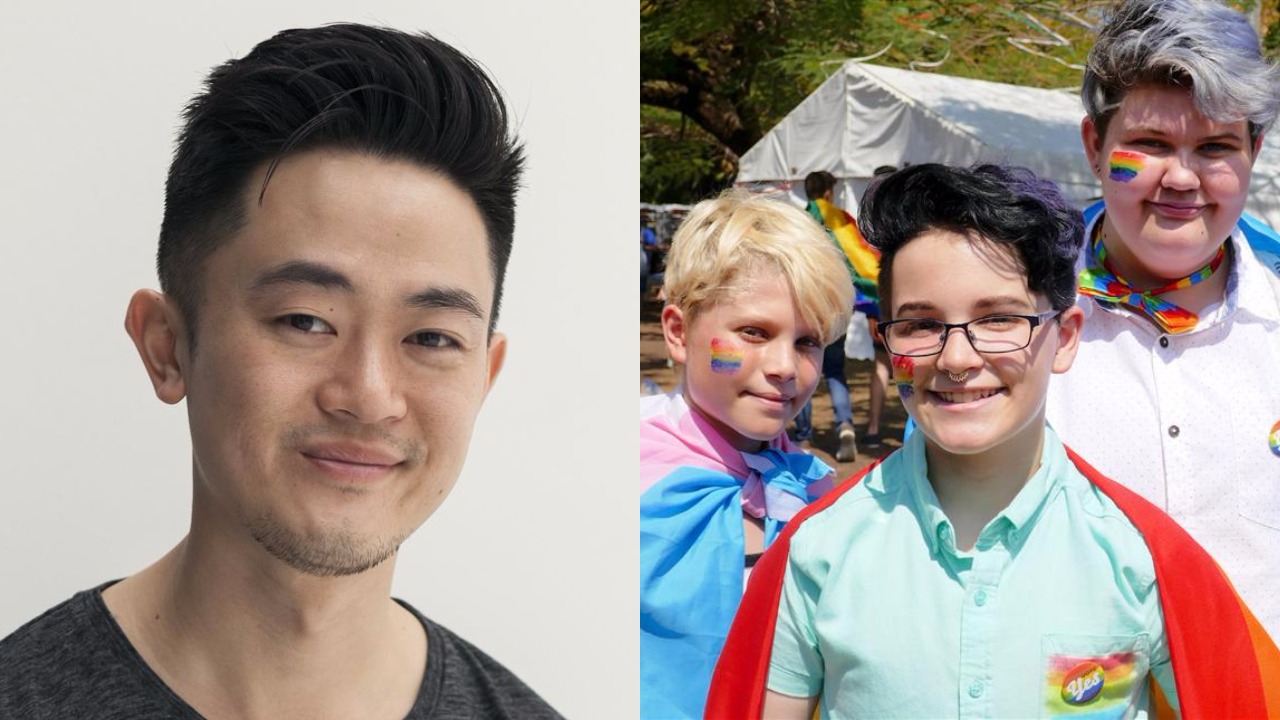
Writer and self-professed “local homosexual” Benjamin Law has spent the better part of this year researching the Safe Schools program and the furore surrounding it. His Quarterly Essay on the topic, Moral Panic 101, is out now.
Matthew Wade caught up with him to chat about what he learned and how it ties into the marriage debate.
***
What motivated you to focus on Safe Schools for your Quarterly Essay?
It’s funny, Safe Schools hadn’t been on my radar until The Australian started reporting on it in 2016.
Then later that year, when Tyrone Unsworth took his own life, I commented that his school should have had Safe Schools, and that the undermining of that program was having a horrific impact.
One thing I hadn’t read was something that outlined what Safe Schools actually was, and why it became controversial in the first place, so I decided I wanted to write it.
When did the negative perceptions around Safe Schools began to arise?
It really started with The Australian’s cover story at the beginning of last year. That first week of coverage was really intense, and it was clear it wouldn’t stop. They weren’t interested in looking at what Safe Schools was or its merits, they were starting an activist campaign to demolish it.
The Australian wrote 90,000 words on Safe Schools in one year alone, and all of the stories were critical or negative, and not balanced at all. That kind of volume of coverage indicates to any sane reader that it wasn’t fair reporting.
Are trans people being used to incite moral panic, now that gay and lesbian people are far more accepted?
Absolutely. Same-sex attracted people have been quite successful at presenting ourselves as no different to anyone else, and you can see that through the marriage equality ads, which are very wholesome.
Narratives and representations of gender diverse people is still very new and scary for many people, and that fear was weaponised during the Safe Schools debate.
What surprised you the most when writing this essay?
What was most gobsmacking was the fact that The Australian didn’t speak to any LGBTI kids in 90,000 words of reporting. Also the kids themselves, and how resilient they were in the face of all this.
At the moment, gender theory in schools is being used as one of the primary arguments against same-sex marriage. Is this just being used to scare parents?
Yes and I think it kind of makes sense. Think of yourself as parent who has little understanding of trans people, what are you scared of? You’re scared adults might untowardly influence your kids, and that sounds like Safe Schools.
I don’t think it’s incomprehensible as to why parents have those fears but what I wanted to do was alleviate those fears.
Do you think Safe Schools will be able to build up its reputation again?
I think the brand itself has been tarnished but what hasn’t rolled away is the need for Safe Schools and to keep LGBTI kids safe, and most teachers recognise the need for that.
Once marriage equality is passed, what’s the next frontier?
Young people in this country, for one. But also looking at our government, who spend one billion dollars detaining asylum seekers, some of whom are gay and in hostile environments. There is no safe harbour for LGBTI people in the world, not a single country where we are completely seen by the entire population as entirely equal.
What was the most challenging part about writing this essay?
Reading through a lot of crap. It’s hard to read through 90,000 words of anti-gay campaigning masquerading as journalism without feeling dead inside.




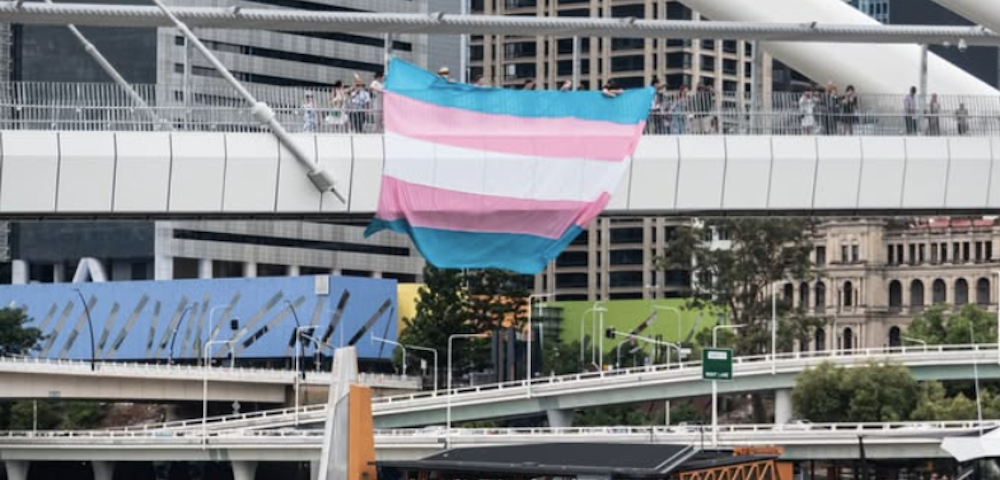
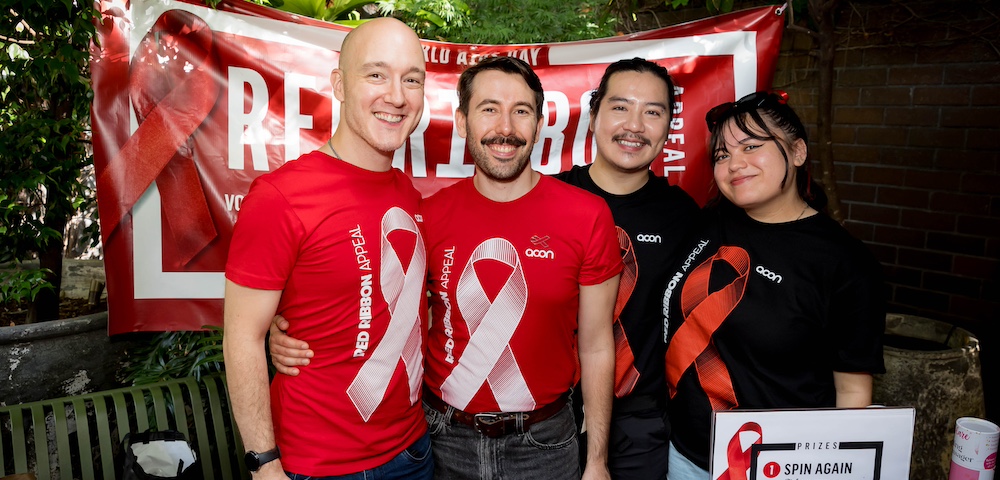
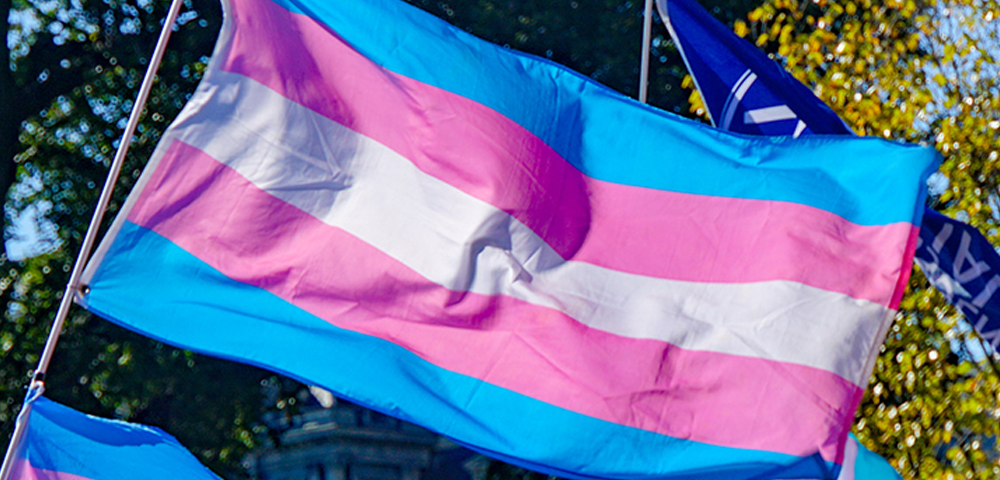
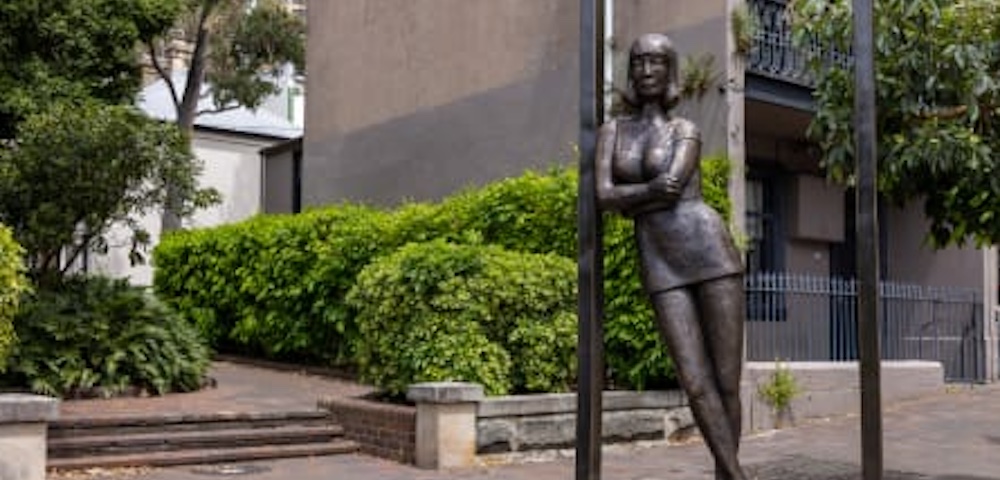
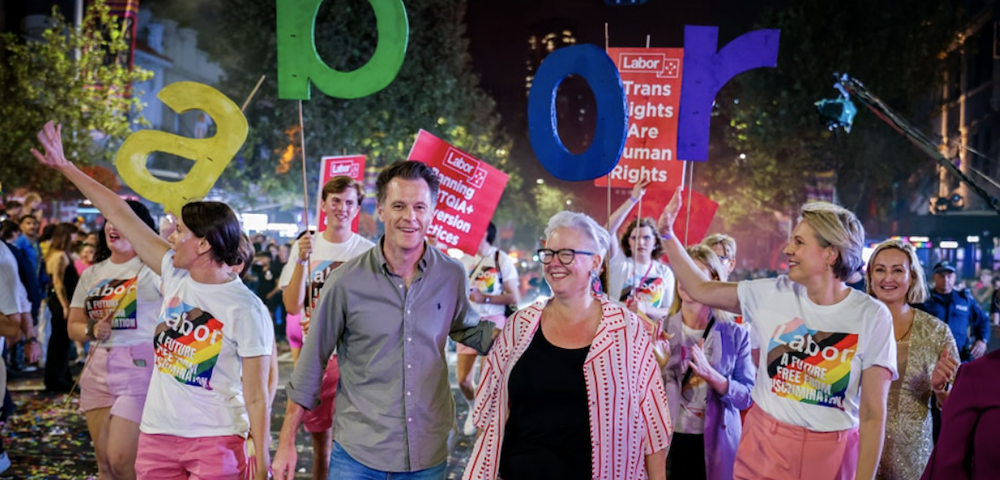
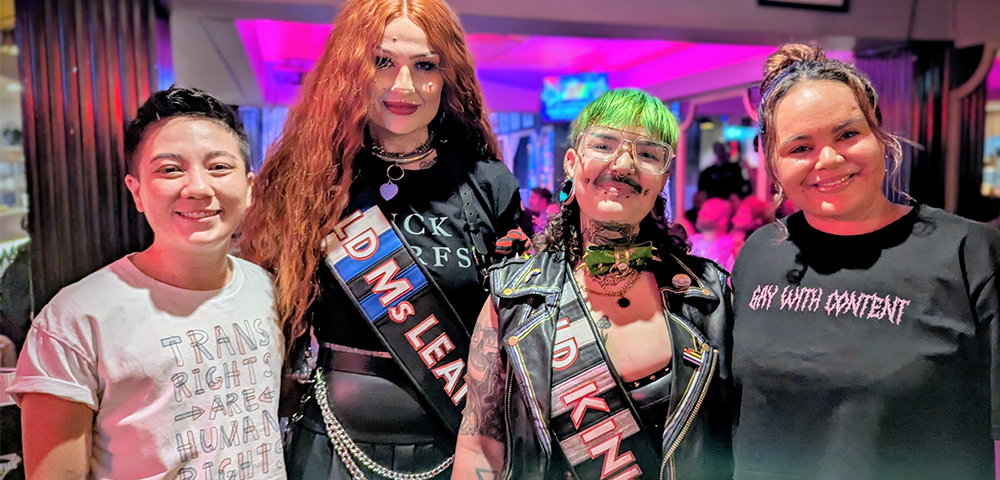
I agree.
The balance of reporting on the safe schools program is negative, but it seems so easy reporting that way when there isn’t alot of what’s known in the program itself. Even I’m confused as to whether the program is a general anti-bullyng campaign or whether its just specific about LGBTQI student issues only. Both contexts are important but a general anti-bullying program would shield the program from biased claims.